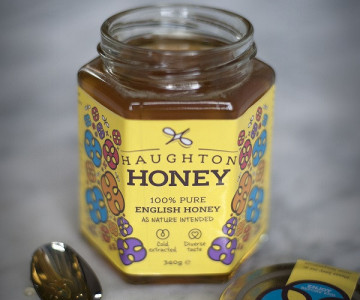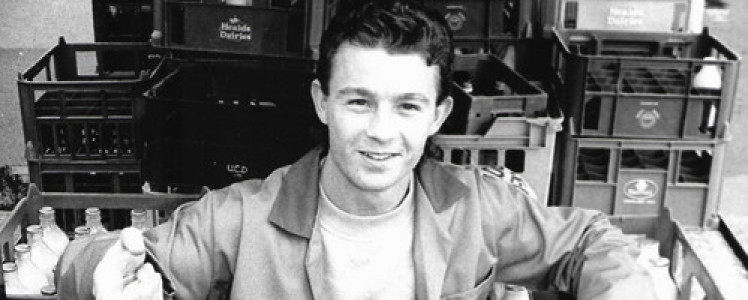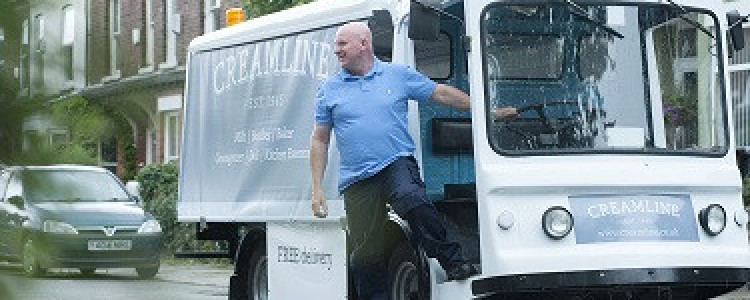
The un-beelievable story of honey bees
With the
news this month that honey bees can do basic maths and give
directions, we’re dedicating this week’s blog post to the insect. Over the last
couple of decades, the honey bee population has come under threat and
beekeepers have observed high rates of decline in colonies, due to habitat
loss, use of pesticides and extreme weather.
Bees play a crucial role in our ecosystems – they’re so much more than honey! They contribute around £650 million to the British economy, and along with other pollinating insects, a third of all the food we eat depends on them. So what can we do to help them?
Supporting local bee populations
- Making your garden as bee-friendly
as possible is a great place to start. Grow flowering plants, rich in nectar
and pollen like lavender and honeysuckle. Even if you don’t have much green
space, even a hanging basket or planter can help!
- Plant year-round. Now is the best
time to plant seeds for spring and summer plants, and you could try growing
sunflowers – they feed both birds and bees!
- Put down the pesticide – these are
some of the worst culprits when it comes to declining bee populations.
- If you have a pond, try adding
plants with floating leaves, giving bees a stable place to land and drink from.
- Buy local honey! This helps local beekeepers cover the cost of supporting their bees and is processed naturally.
If you’re keen to get started on
supporting our fuzzy friends, then head to our Daily Essentials Home &
Garden range, and get stocked up for spring. Don’t forget our Haughton
Cheshire Runny Honey too, which is cold extracted, so the natural
enzymes and proteins are protected.




